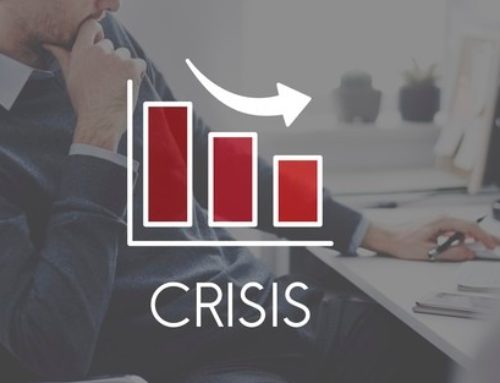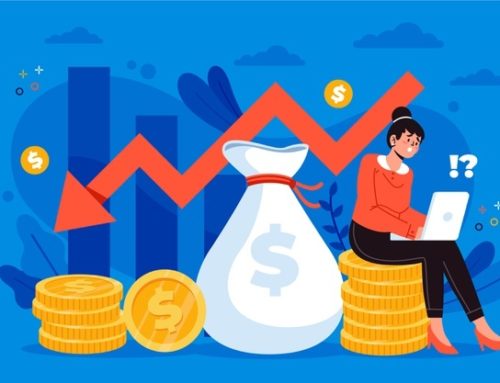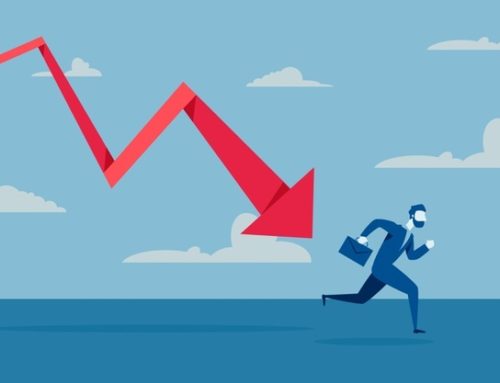 A Chapter 13 bankruptcy is also called a wage earner’s plan or reorganization bankruptcy. In order to qualify for Chapter 13 bankruptcy filings, debtors must show the court that they have a regular income and they are capable of committing to a repayment plan that will enable them to pay all or part of their debts in 3-5 years. If you want to file bankruptcy under Chapter 13 of the United States bankruptcy code, talk to one of our skilled Phoenix bankruptcy attorneys in a free legal consultation so that you may fully understand how Chapter 13 bankruptcy proceedings will work to get you out of debt and what your bankruptcy options are in case you can no longer comply with your debt repayment plan.
A Chapter 13 bankruptcy is also called a wage earner’s plan or reorganization bankruptcy. In order to qualify for Chapter 13 bankruptcy filings, debtors must show the court that they have a regular income and they are capable of committing to a repayment plan that will enable them to pay all or part of their debts in 3-5 years. If you want to file bankruptcy under Chapter 13 of the United States bankruptcy code, talk to one of our skilled Phoenix bankruptcy attorneys in a free legal consultation so that you may fully understand how Chapter 13 bankruptcy proceedings will work to get you out of debt and what your bankruptcy options are in case you can no longer comply with your debt repayment plan.
Don’t fret, there is still hope.
There are several options in bankruptcy cases wherein the bankrupt debtor is unable to make the monthly payment indicated in the debt management plan. If you can no longer follow through the plan to pay your debts, you may try modifying the amount of your monthly Chapter 13 payments, temporarily stopping your chapter 13 plan payments, or converting your Chapter 13 bankruptcy case to a Chapter 7 or “liquidation” bankruptcy.
Let us walk you through these options:
- Modification of monthly payments.
In order to modify your chapter 13 bankruptcy payment plan, you will be required to submit documentation to the bankruptcy court that shows your circumstances together with the reasons why you can no longer afford to settle your monthly debt payments according to your approved reorganization plan. The modification may be granted if you are able to present proof of your financial problems resulting in an undue hardship.
- Suspension of Chapter 13 bankruptcy payments.
To temporarily stop bankruptcy payments, your bankruptcy attorney must file a request with the bankruptcy court presenting proof of your financial distress and the reasons why you will be temporarily unable to pay your dues. Be aware that this is a short-term solution in the bankruptcy process and you may be required to increase your monthly installments in order to make up for the missed payments in your debt settlement plan.
- Conversion to Bankruptcy Chapter 7.
Chapter 13 bankruptcies may be converted to Chapter 7 at any time if the filers have not received a Chapter 7 bankruptcy discharge within the last 8 years. If you want to switch types of bankruptcy midstream, there are provisions for it in the bankruptcy law. You simply file a Notice of Conversion with the court and pay a conversion fee. You must also qualify by passing a “means test” which was designed to limit the use of Chapter 7 bankruptcy to those who cannot pay back their debts. It does this by deducting specific monthly living expenses from your “current monthly income” (your average income over the six calendar months before you file for bankruptcy) to arrive at your monthly “disposable income.” Converting to a Chapter 7 is often granted if changes have occurred in your life that makes it impossible for you to keep up with your monthly payments. It is deemed reasonable that your financial situation is affected because you have either lost your job, took pay cuts, got shortened working hours, or you have become disabled.
If you are considering converting from Chapter 13 bankruptcy to Chapter 7, it is highly recommended that you seek legal advice from an experienced Arizona bankruptcy lawyer. Our Phoenix Fresh Start bankruptcy lawyers will make sure that your transition to a Chapter 7 bankruptcy goes without a hitch.
If you or someone you know is finding it difficult to deal with the payments in a bankruptcy reorganization plan, contact our Phoenix Fresh Start bankruptcy attorneys to discuss your options within bankruptcy laws. Don’t delay in taking the next crucial step to debt relief and financial freedom. Call us now!










